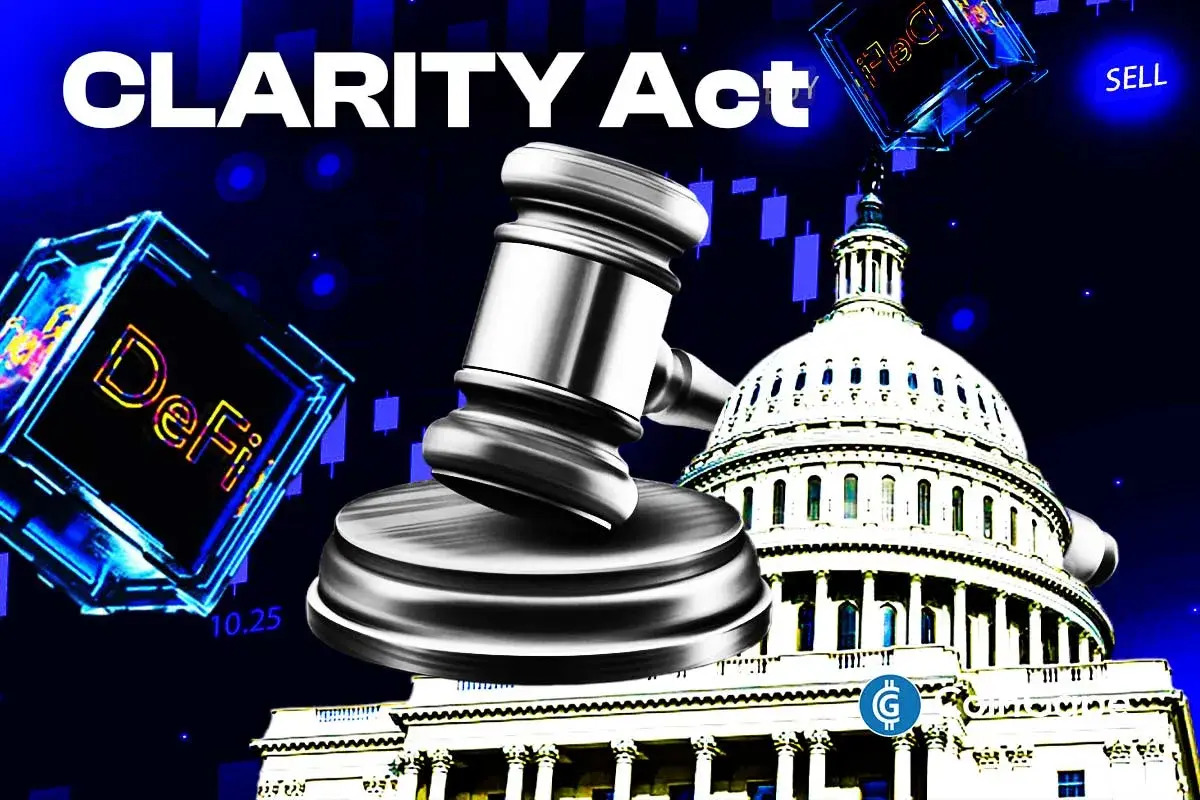AI News: US FCC Just Outlawed AI-Generated “Robocalls”

Highlights
- The US FCC has banned Robocalling in any form
- It now have the power to prosecute any offender who violates this statutes
- This is the latest move by Western regulators to crackdown on widespread AI solutions
The United States Federal Communications Commission (FCC) has announced that AI robocalls are now regarded as illegal in the United States.
Misuse of AI Robocalls Growing
According to the FCC, the enforcement will take effect immediately and this means that the state now has the authority to persecute any bad actor found leveraging robocalls that use AI-generated voices. This move comes amidst a growing trend in robocalls that attempt to disguise themselves as celebrities and other high-profile individuals, thereby mimicking their voices.
Some key public figures in the U.S. have been victims of this scam. Vitalik Buterin, co-founder of Ethereum, was seen, in what happens to be a deepfake video, endorsing a phishing website for draining wallets. The video was discovered and reported by security analysts at CertiK.
Similarly, politician and Singapore Prime Minister Lee Hsien Loong highlighted the emergence of videos that use artificial intelligence to create false representations of him endorsing cryptocurrency scams. Pop singer Taylor Swift also made headlines a few weeks ago as some explicit images of her were circulating the internet.
The Taylor Swift incident and the others happened to be a strong misuse of AI technology. This has equally forced lawmakers to request for new laws that govern the AI ecosystem and criminalise acts that violate the privacy of an individual.
The new AI robocalls laws are an indication that the U.S. policymakers are really putting efforts into addressing the matter.
Governments Making Moves to Regulate AI
Apart from the United States and the current crackdown on AI Robocalls, many other regions including the UK have commenced work on implementing their AI rule. The UK government plans to possibly introduce “targeted binding measures” for companies involved in creating advanced AI systems and so far, up to £100 million has been committed into ensuring a save AI space.
Similarly, the European Union (EU) in collaboration with the Parliament members of Europe reached a provisional deal on the regulation of AI. This includes governing the governments’ use of AI in biometric surveillance, accompanied by regulation of AI systems like ChatGPT.
Apart from the governments, some of the platforms where these AI scams are being published are also contributing to the regulation of AI. In Swift’s case, X agreed to act immediately and moved to actively remove the images in addition to other “appropriate actions”
Play 10,000+ Casino Games at BC Game with Ease
- Instant Deposits And Withdrawals
- Crypto Casino And Sports Betting
- Exclusive Bonuses And Rewards

- Hong Kong Moves Closer to Crypto Tax Cuts Amid Stablecoin Regulatory Framework
- Popular Analyst Willy Woo Predicts Major Bitcoin Price Crash, Bear Market Bottom Timeline
- Vitalik Buterin Maps Out Quantum Risks as Ethereum Foundation Unveils ‘Strawmap’
- BlackRock Adds $289M in BTC as Bitcoin ETFs Log 2-Week High Inflows Of $500M
- Glassnode Signals Bitcoin Still Faces Downside Risk Amid Massive Sell Pressure at $70K
- Top 2 Price Predictions Ethereum and Solana Ahead of March 1 Clarity Act Stablecoin Deadline
- Pi Network Price Prediction Ahead of Protocol Upgrades Deadline on March 1
- XRP Price Outlook As Jane Street Lawsuit Sparks Shift in Morning Sell-Off Trend
- Dogecoin, Cardano, and Chainlink Price Prediction As Crypto Market Rebounds
- Will Solana Price Rally to $100 If Bitcoin Reclaims $72K?
- XRP Price Eye $2 Rebound as On-Chain Data Signals Massive Whale Accumulation

 Buy $GGs
Buy $GGs

















